When I was a freshman in college at Abilene Christian University in the mid-1960s I decided early on to focus on the Bible and early Christianity–basically New Testament Studies. I had returned from a trip to the Holy Land the previous summer, and I was fired up with the idea–at the tender age of 17–to learn all I could about the historical approach to Jesus and early Christianity. I had been raised in the evangelically conservative Churches of Christ, but the scholars I found at Abilene in the 1960s were the likes of Harvard educated Abraham Malherbe, Everett Ferguson, and LeMoine Lewis. So I was in good hands to pursue my new dream. Accordingly I double-majored in ancient Greek and Bible. Although I took a couple of courses in Classical Greek, the vast number were in the Koine Greek of the late Hellenistic period–and specially the writings of the New Testament. See Alan Wikgren’s, Hellenistic Greek Texts (University of Chicago Press, 1947) for a sample of the main authors we read, including LXX, Pseudepigrapha, Philo, Josephus, early Christian literature, Greek papyri, and a nice variety of Greek and Roman authors of the first centuries BCE and CE.
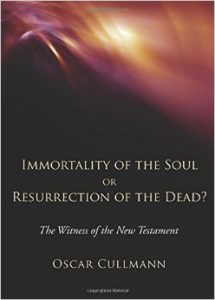
Oscar Cullmann, Immortality of the Soul or Resurrection of the Dead? Ingersoll Lectures (Harvard University, 1954-55). That original version is long ago out of print but fortunately it has been reprinted over the years. I recommend the reprint edition by Wipf & Stock, Immortality of the Soul or Resurrection of the Dead?: The Witness of the New Testament (Wipf & Stock, 2000). If you have not read, but are interested in the history of ideas in western antiquity, this is a must read. The reason think that this little book may well be one of the best known in my field–but also the most forgotten and neglected--is that its essential argument has been just about been completely ignored in popular Christian discourse today. My guess is Cullmann’s little book is likely unknown to most students of Christian origins younger than 50. His thesis is a simple one but with complex cosmic implications: That the idea of resurrection of the dead in the New Testament is in stark contract–even opposite of–the common Greek idea of the immortality of the soul. This is a book that more or less “overturns the world,” but its implications have not permeated either the church or the academy. I do find problems with Cullmann’s absolutely sharp dichotomy between “Athens and Jerusalem,” however, if one compares Plato’s Phaedo with Paul’s understanding of “resurrection of the dead,” both of Jesus and at the Parousia or End of the Age, I think his distinctions are worth noting and shift things considerably in trying to understand Paul’s message, at least, as it made its way out into the wider Greco-Roman Mediterranean world.

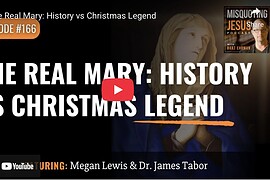

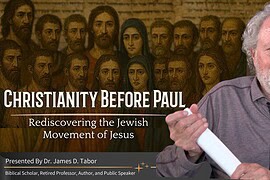


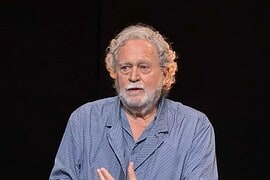
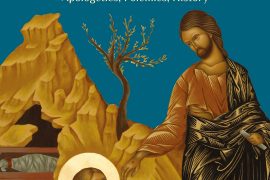

Comments are closed.